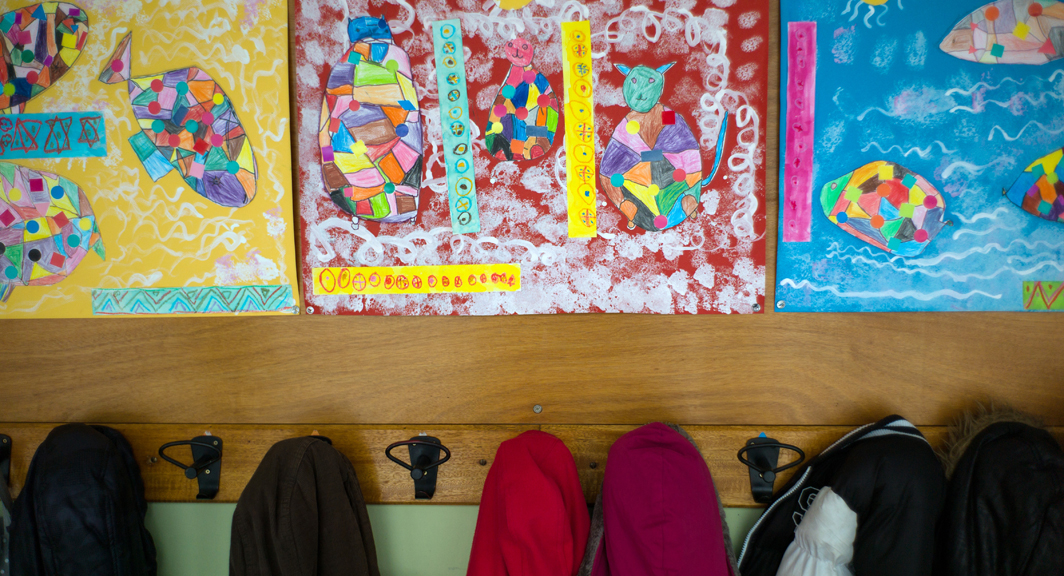Bad behaviour is on the rise, say teachers
Teachers report a rise in disruptive behaviour at schools and colleges, which they put down to a “lack of boundaries” at home.

In an Association of Teachers and Lecturers’ survey, the majority of educational staff reported a rise in the number of children with emotional, behavioural or mental health problems over the past five years coupled with worsening student behaviour in schools and colleges.
In the survey of 844 education staff, nearly two thirds said there are more children with emotional, behavioural and mental health problems than two years ago.
Staff believe lack of boundaries at home is the main reason for students behaving badly (cited by 79 per cent), followed by behavioural problems (69 per cent), emotional problems (68 per cent), wanting attention from other students (64 per cent), a lack of positive role models at home (61 per cent) and family breakdowns (61 per cent). Also significant were low self-esteem and not valuing education, and a third cited mental health problems.
Between students the most prevalent challenging behaviour was verbal aggression (cited by 77 per cent), followed by physical aggression, bullying in person, and breaking or ruining other students’ belongings.
Disruptive behaviour
Most of the disruptive and challenging behaviour facing education staff was fairly low level with staff complaining that students talked in class, did not pay attention and mucked around.
Among students of all ages the most common form of violence was pushing and shoving, followed by punching and hitting among students up to age 16 and throwing objects among those over 16.
Most of the time the challenging behaviour was an irritation which disrupted class work. However 40 members said they have been physically hurt by a student, 67 have been to the doctor, and 38 have taken time off work.
One teacher in a primary school in Cheshire said: “I have been kicked in the head, spat at, called disgusting names, told to **** off, had the classroom trashed regularly and items thrown – we accept children who are excluded from other schools so they come to us with extreme behaviour issues.”
Deteriorating standards
Dr Mary Bousted, general secretary of the ATL, said: “Regrettably teachers and support staff are suffering the backlash from deteriorating standards of behaviour.
“They are frequently on the receiving end of children’s frustration and unhappiness, and have to deal with the fall-out from parents failing to set boundaries and family breakdowns. And the huge funding cuts to local services mean that schools often have to deal with children’s problems without any help.”
But Lucie Russell, director of campaigns and policy at Young Minds said: “One of the main problems is there is nothing in the teacher training course which teaches how to deal with emotional problems. There is a dramatic gap in the workforce when it comes to understanding child development and a heavy reliance on meeting targets.
“We need more training, more teaching assistants, more mentors and in general more resources.”